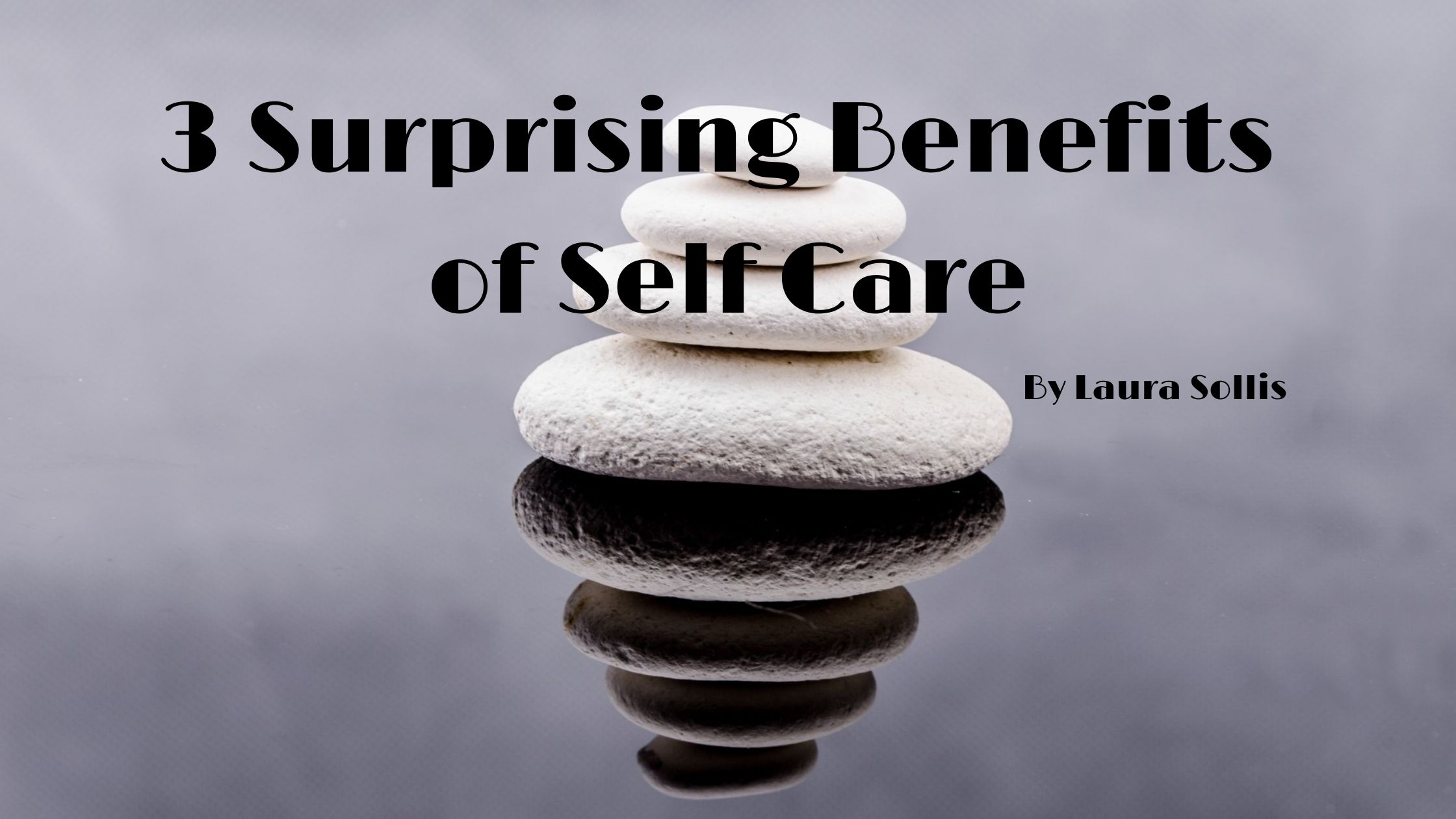Cardiologist: “Too much vitamin D is bad for heart health”
While this has been claimed over and over, there is no high-quality scientific evidence that vitamin D can lower blood pressure. A renowned American institution is now warning against taking vitamin D for high blood pressure. Too much vitamin D could even endanger heart health.
Dr. Steven Nissen is a cardiologist at the Cleveland Clinic (USA). In a current article by the clinic, the heart expert explains the connections between vitamin D and heart health. “There are many claims about the benefits of vitamin D for heart health, but they are not backed by high-quality scientific studies,” says Dr. Nits.
Vitamin D does not protect against cardiovascular events
For example, a study published in the “New England Journal of Medicine” with 25,871 participants in 2019 came to the conclusion that vitamin D intake did not lead to a lower incidence of cardiovascular incidents compared with a placebo.
Consequences for the heart from too much vitamin D.
According to Dr. While nits play an important role in regulating blood pressure, vitamin D is a complicated process. Excessive intake could even lead to an excess of calcium or hypercalcemia, i.e. a disruption of the calcium and phosphate balance. “Vitamin D enables the absorption of calcium,” explains the cardiologist. In theory, too high a level could cause calcium deposits to build upon the walls of blood vessels, in the heart valves, and even in the liver and kidneys. For this reason, vitamin D is not suitable for lowering blood pressure.
When to take vitamin D
Overall, vitamin D is an essential vitamin. The body synthesizes vitamin D primarily through exposure to natural sunlight. Most foods do not contain significant amounts of the nutrient. It could therefore be useful to take some vitamin D, especially in months with little sunlight, if you have a diagnosed vitamin D deficiency or if you have osteoporosis.
Safe amounts of vitamin D unclear
“But you should be aware that there is no consensus on how much vitamin D we ultimately need and, more importantly, what amounts could cause harm,” says Dr. Nits to consider. This could prove to be a problem for those who consume large amounts of the vitamin in hopes of better health. It is a pure game of chance.
No vitamin D without a doctor’s recommendation
“The bottom line is that you shouldn’t take any vitamin D supplements unless your doctor advises you to,” the cardiologist sums up. In addition, a research team from the University of California San Diego recently showed that it probably doesn’t matter how much vitamin D you get from sunlight or nutritional supplements, but how well the body is able to convert precursors into active vitamin D.









